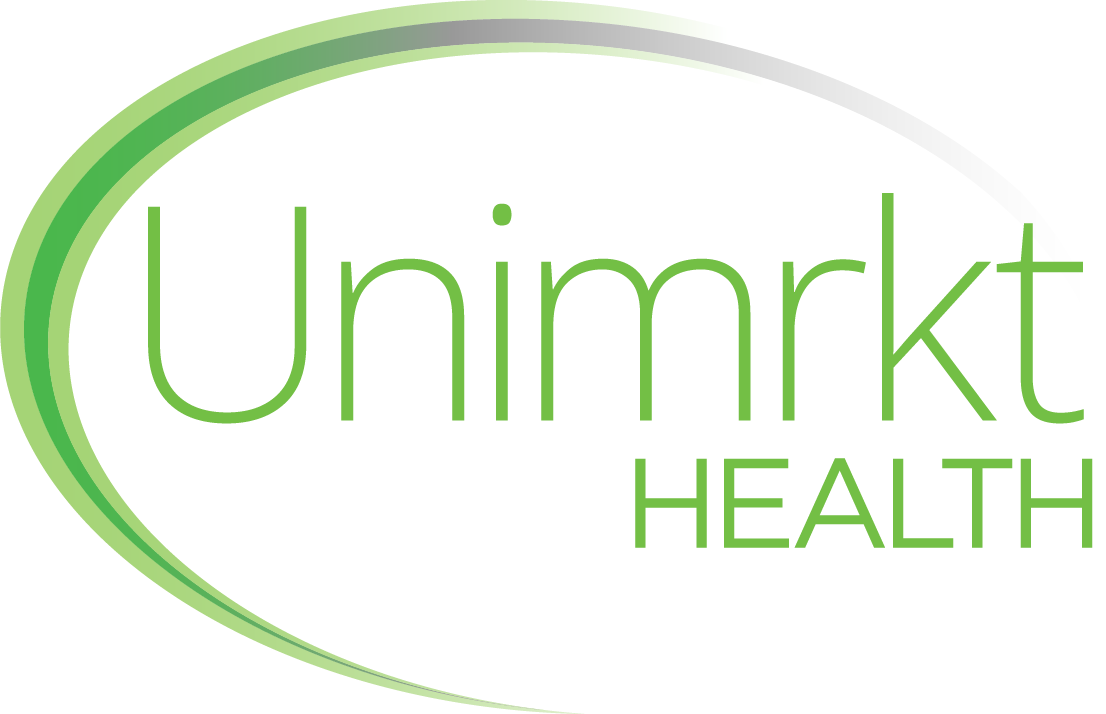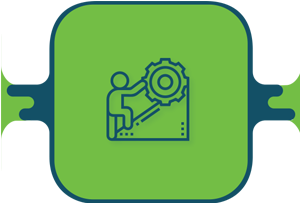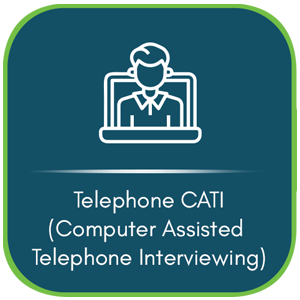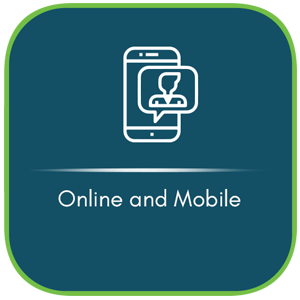Quantitative
-
Unimrkt Healthcare > Methodologies > Primary Research > Quantitative
Quantitative Market Research
Unimrkt Healthcare leverages its own panel of physicians and experts, key stakeholders, and specialized methodologies to offer comprehensive quantitative market research services in the healthcare domain.
We are flexible to work on client-prioritized targeted/respondent lists, ensuring that our quantitative research in healthcare aligns with specific client needs.
Our expert in-house program team, well-versed in quantitative market research techniques, has extensive experience on platforms like Confirm-IT, Qualtrics, Sawtooth, Survey Monkey, Focus Vision Decipher, and others.
We offer the following methodologies:
Our seasoned quantitative healthcare solutions teams gather data from target audiences in pharma, consumer health, and other facets of the healthcare ecosystem. We offer a broad range of cost-effective quantitative market research methodologies tailored to study needs, ensuring each project benefits from the advantages of quantitative market research and is managed expertly, timely, and in close collaboration with you.

Face to Face

Online and Mobile
Encompassing Online Surveys, Online Bulletin Boards, Questionnaire Pre-Tests, and Physician/Patient Interactions, showcasing the versatility of quantitative customer research.

Telephone – CATI (Computer-Assisted Telephone Interviewing)
Business Challenges We Cover
Telephone - CATI (Computer-Assisted Telephone Interviewing)
We conduct phone and tech assisted interviews worldwide by our team of native and non-native speakers. We have full capabilities to leverage client lists as well as conduct these interviews from our panel/ database (and for more specialized HCPs or screener qualified healthcare respondents, we quickly recruit them from the universe and align them for interviews promptly).
For interviews that need us to show stimuli (audio visual), we do take that up by screen sharing methodology and take the respondent live through the link and probe and capture insights on phone.
Pre-launch of Telephonic Fieldwork
Our team undergoes a detailed project set-up process, ensuring alignment with research methodology in health:
- Alignment of the right team members (experienced, prior knowledge and domain expert) and robust training of the team on the topic and the questionnaire or discussion guide followed by Q&A session and mock calls
- Pre-recruitment activities involve inviting the respondents for each study and thereafter appointment setting before we actually conduct the main interviews
- Inputs quota mapping
- Soft launch of the fieldwork
During Fieldwork
- Our project manager will be available in the client time zone and provide regular fieldwork updates.
- This update can be shared on a daily basis. Also, we will have a weekly call where our project manager will share the weekly updates, any challenges faced by the team, and project progress etc.
- Unimrkt Healthcare follows a proactive approach throughout the project operations and does not leave any stone unturned to meet client's quality as well as timelines requirements.
Post Fieldwork
- Unimrkt Healthcare will share insights in client provided programmed links as well our programmed links or English Transcripts in MS Word/ MS Excel in case of qualitative research.
- We follow up with the client to send the questions, concerns or any queries on soft launch, then interim and thereafter final data delivered to the client within seven days of delivery of such data, unless, the client has expressly mentioned that they need some more time to review the data and in such a case a mutually agreed extended review time frame will be determined.
Online and Mobile
Unimrkt Healthcare differentiates through their high levels of personalized service, broad array of healthcare market research resources, expert survey planning and administration, advanced software technologies, sampling expertise and skilled team of researchers and statisticians. Our experience and expertise allows us to customize each market research study to best meet the client's goals and provide actionable results with speedy, reliable service. Through our quantitative solutions, we address product research, brand research, customer research, promotion research, workforce research, market assessments in healthcare industry
- High turnaround time with quality
- 26,000 telephonic surveys/year
- 50+ experienced healthcare moderators with professional background in pharmacy, clinical research, biotechnology, biomedical engineering or sciences
- Access to dedicated analyst pool with 24*7 support from the project managers
- Healthcare research across 90 countries in over 18 foreign languages
- 16,000 sqft with scalability of more than 350 seats
- State-of-the-art CATI systems integrated with predictive dialers
- On-time project deliveries
FAQs:
Quantitative research in healthcare refers to the systematic investigation of phenomena using mathematical, statistical, or computational techniques. It involves collecting and analyzing numerical data to identify patterns, relationships, and trends related to health conditions, treatments, patient behaviors, and other healthcare-related topics. The advantages of quantitative market research in the healthcare sector include the ability to gather data from many participants, ensuring results that are statistically significant and can be generalized to a broader population.
Quantitative market research in business refers to the process of collecting and analyzing numerical data to understand market trends, consumer preferences, product performance, and other business-related aspects. It employs various quantitative market research techniques and methodologies to gather data, often through surveys, polls, or questionnaires. The primary aim is to quantify opinions, behaviors, or other defined variables, providing insights that can drive business decisions and strategies.
- Clinical trials testing the efficacy of a new drug or treatment.
- Surveys assessing patient satisfaction levels in a hospital or clinic.
- Epidemiological studies determining the prevalence of a particular disease in a specific population.
- Statistical analyses of health outcomes based on different treatment modalities.
- Research studies evaluating the impact of health policies or interventions on public health.
- Descriptive Research: This aims to describe characteristics of a health phenomenon or issue.
- Correlational Research: It examines relationships between two or more variables in a healthcare setting.
- Causal-Comparative Research: This investigates the cause-and-effect relationship between variables.
- Experimental Research: Often used in clinical trials, it tests the effect of an intervention on a particular outcome.
- Survey Research: Utilized to gather data from a large group of respondents about their opinions, behaviors, or knowledge on health-related topics.
Quantitative research in healthcare refers to the systematic investigation of phenomena using mathematical, statistical, or computational techniques. It involves collecting and analyzing numerical data to identify patterns, relationships, and trends related to health conditions, treatments, patient behaviors, and other healthcare-related topics. The advantages of quantitative market research in the healthcare sector include the ability to gather data from many participants, ensuring results that are statistically significant and can be generalized to a broader population.
Quantitative market research in business refers to the process of collecting and analyzing numerical data to understand market trends, consumer preferences, product performance, and other business-related aspects. It employs various quantitative research techniques and methodologies to gather data, often through surveys, polls, or questionnaires. The primary aim is to quantify opinions, behaviors, or other defined variables, providing insights that can drive business decisions and strategies.
Examples of quantitative research in healthcare include:
- Clinical trials testing the efficacy of a new drug or treatment.
- Surveys assessing patient satisfaction levels in a hospital or clinic.
- Epidemiological studies determining the prevalence of a particular disease in a specific population.
- Statistical analyses of health outcomes based on different treatment modalities.
- Research studies evaluating the impact of health policies or interventions on public health.
There are several types of quantitative market research in healthcare, each designed to address specific research questions and objectives. Some common types include:
- Descriptive Research: Describes characteristics of a health phenomenon or issue.
- Correlational Research: Examines relationships between two or more variables in a healthcare setting.
- Causal-Comparative Research: Investigates the cause-and-effect relationship between variables.
- Experimental Research: Often used in clinical trials, it tests the effect of an intervention on a particular outcome.
- Survey Research: Gathers data from a large group of respondents about their opinions, behaviors, or knowledge on health-related topics.
Get in Touch for Expert Research Solutions
Let's Connect
Please, fill in the form to get in touch!



